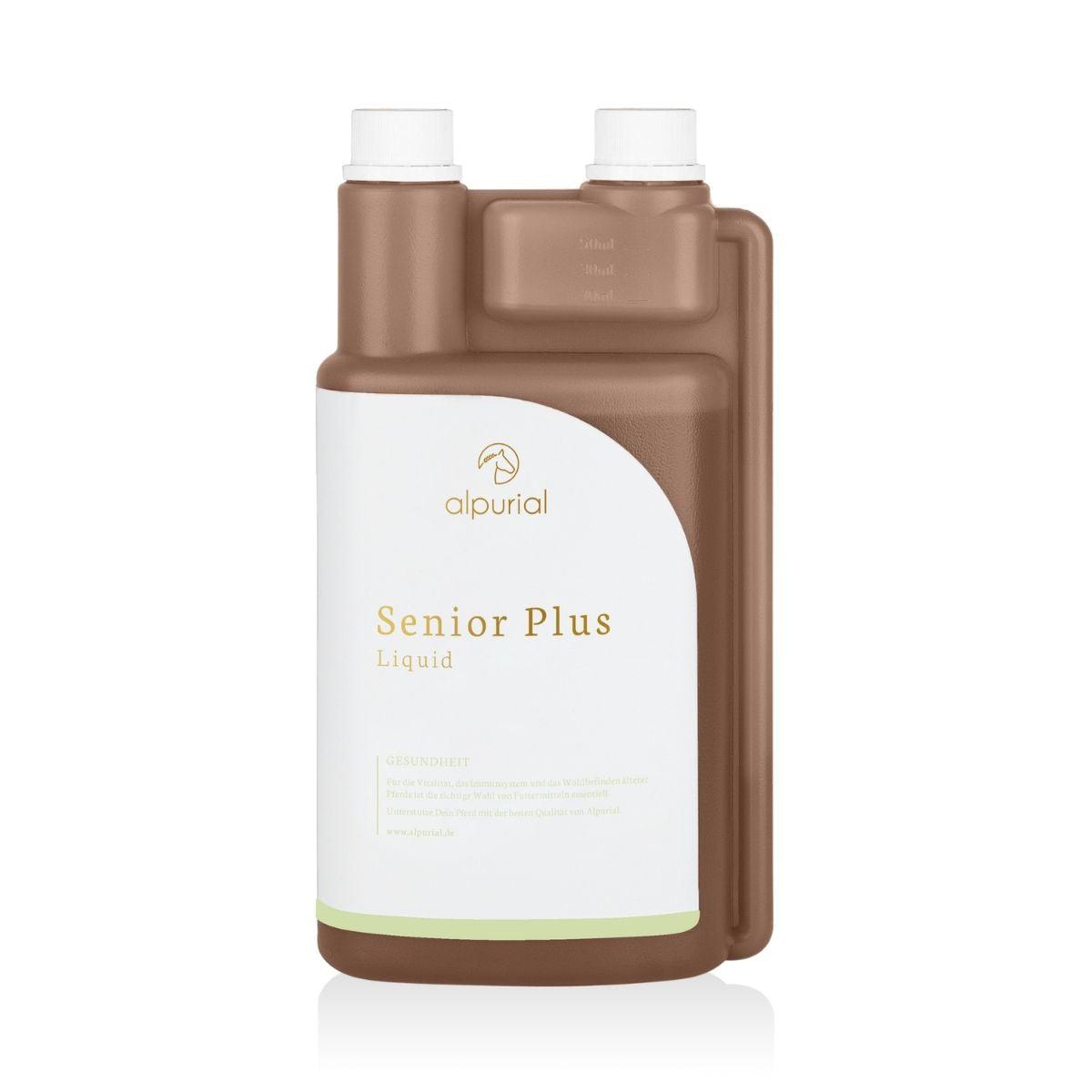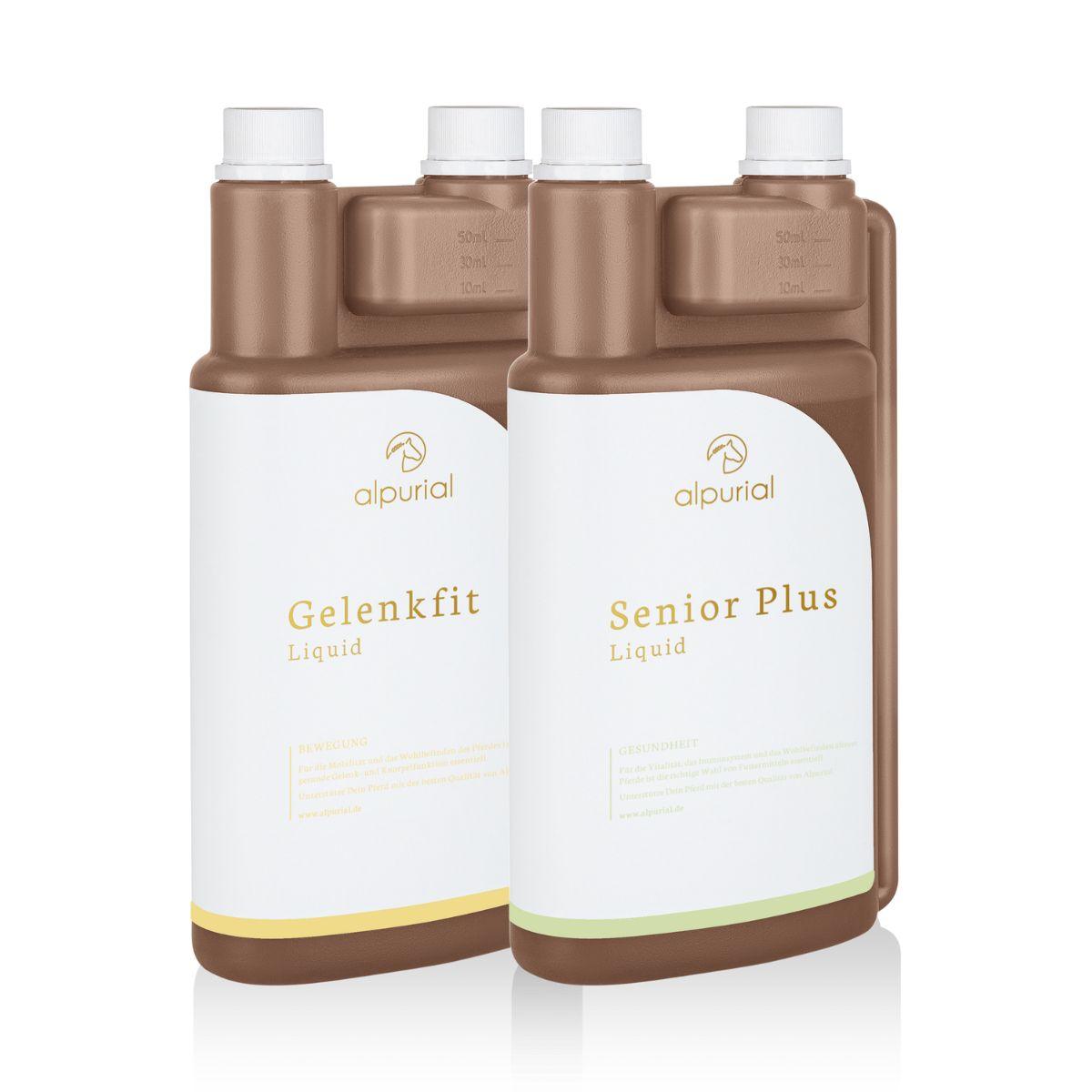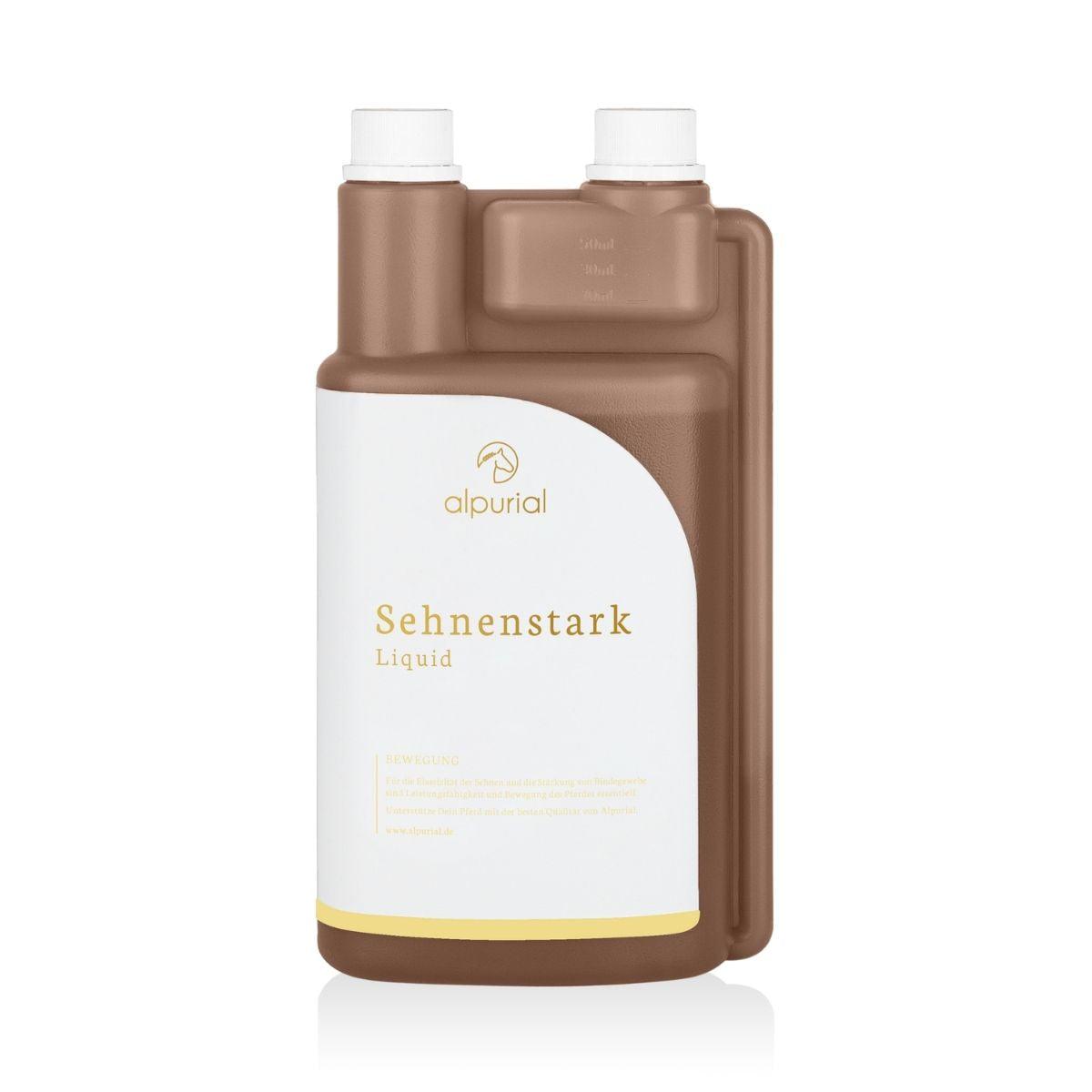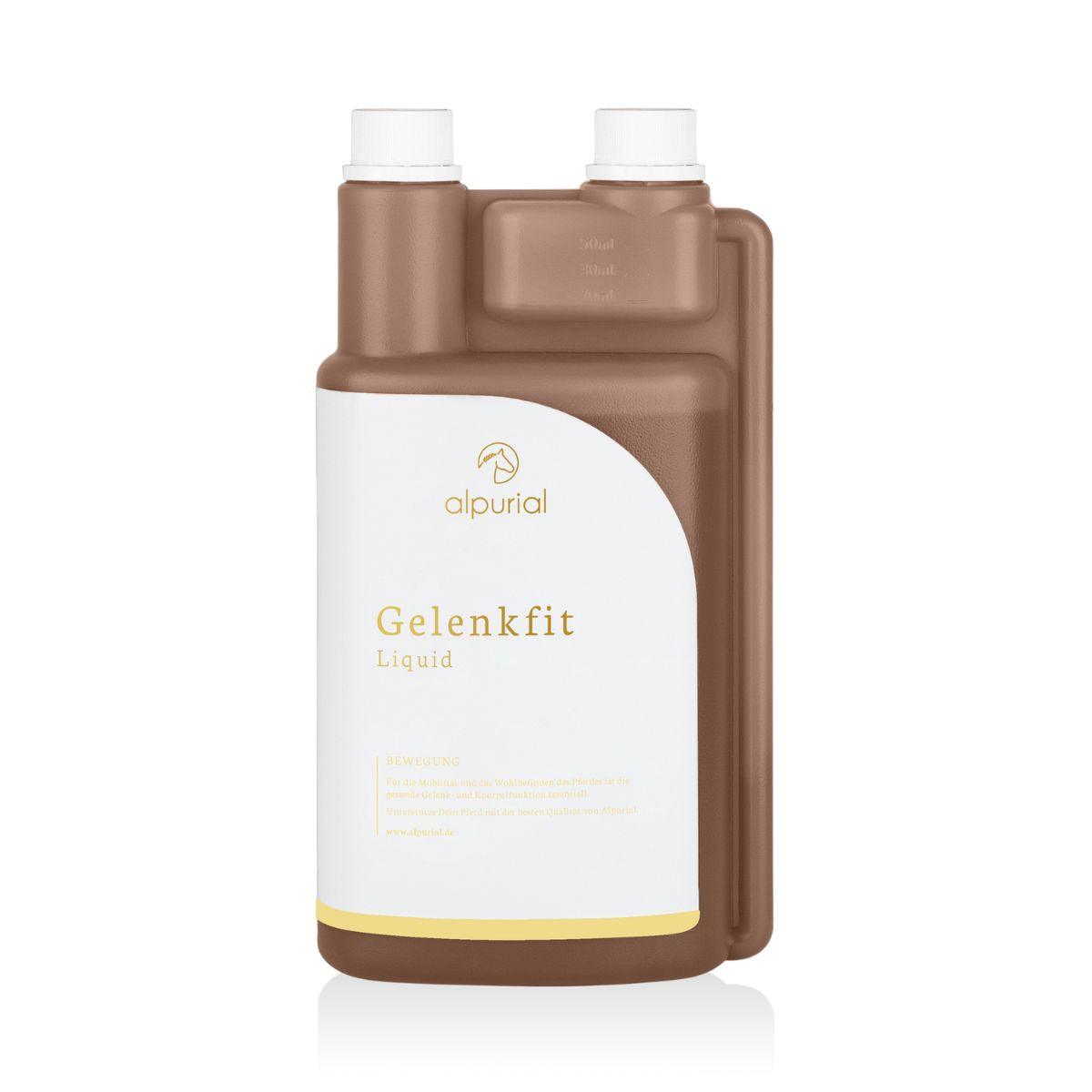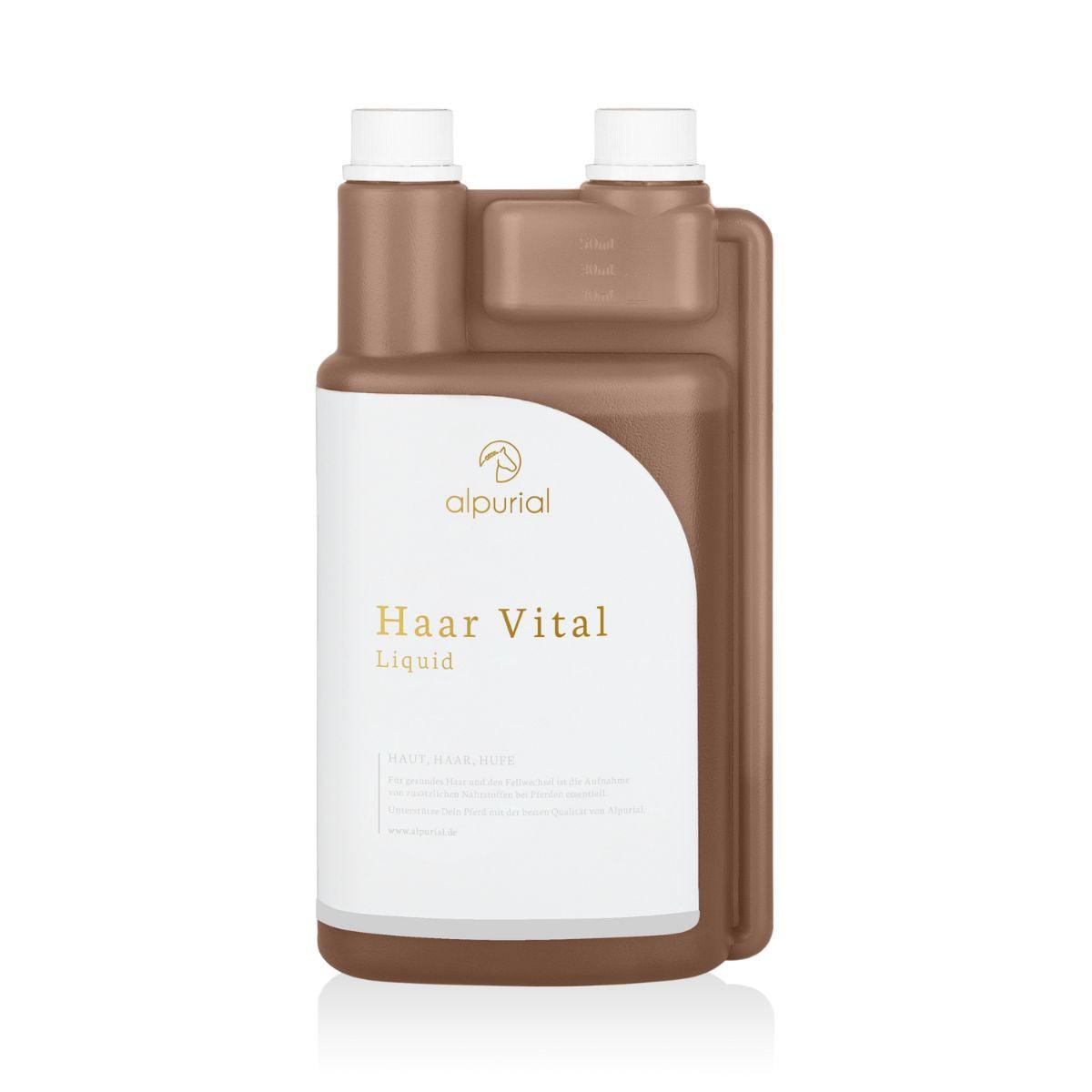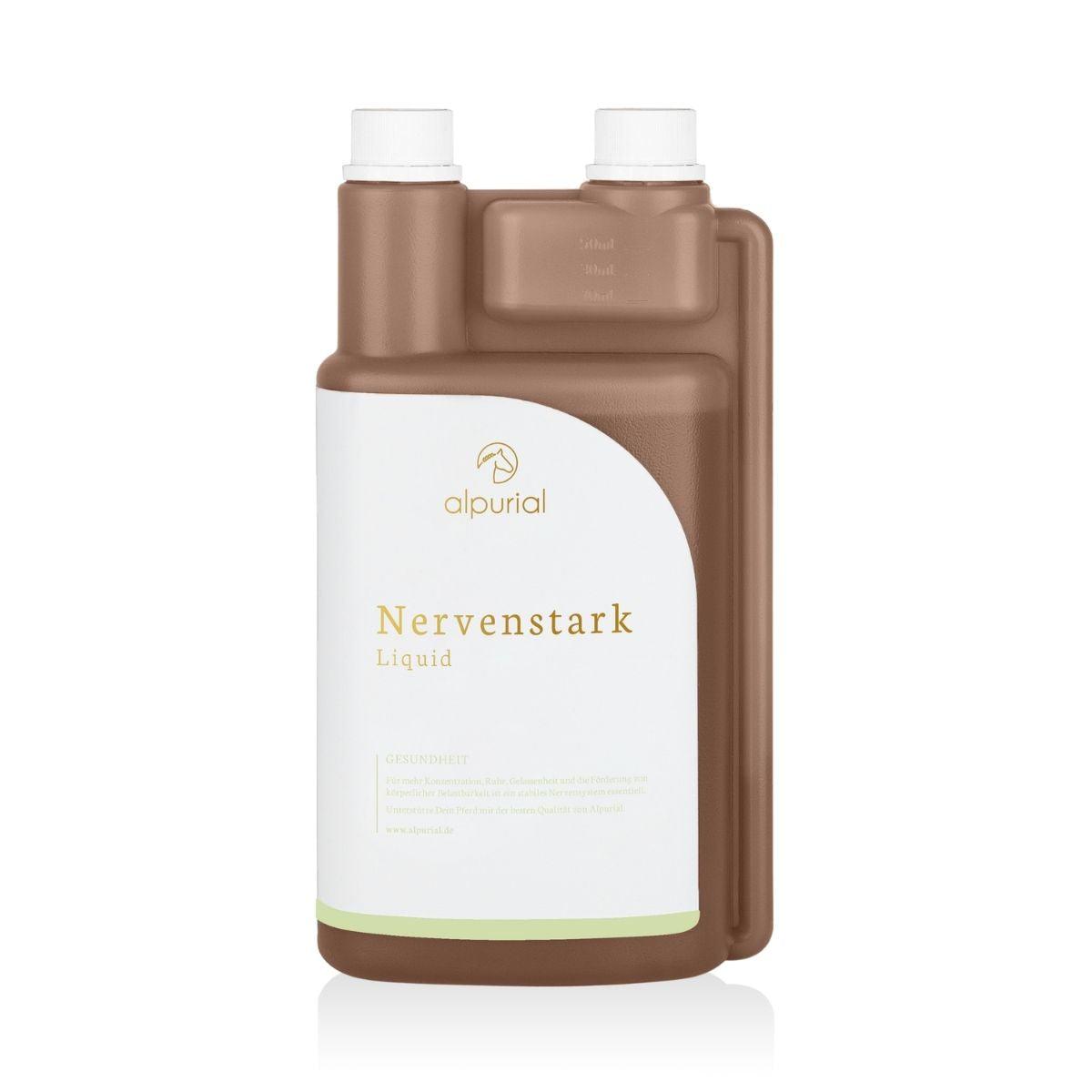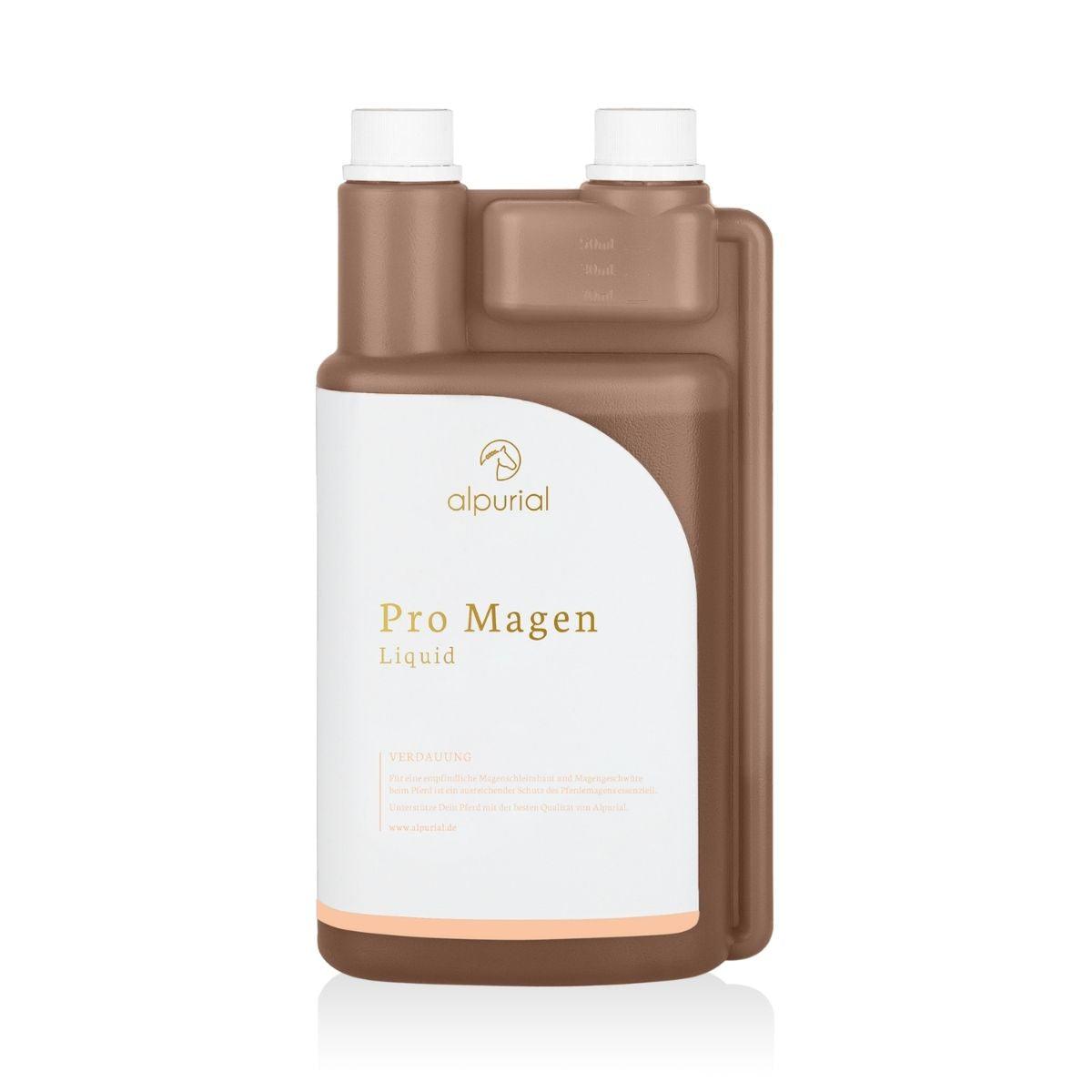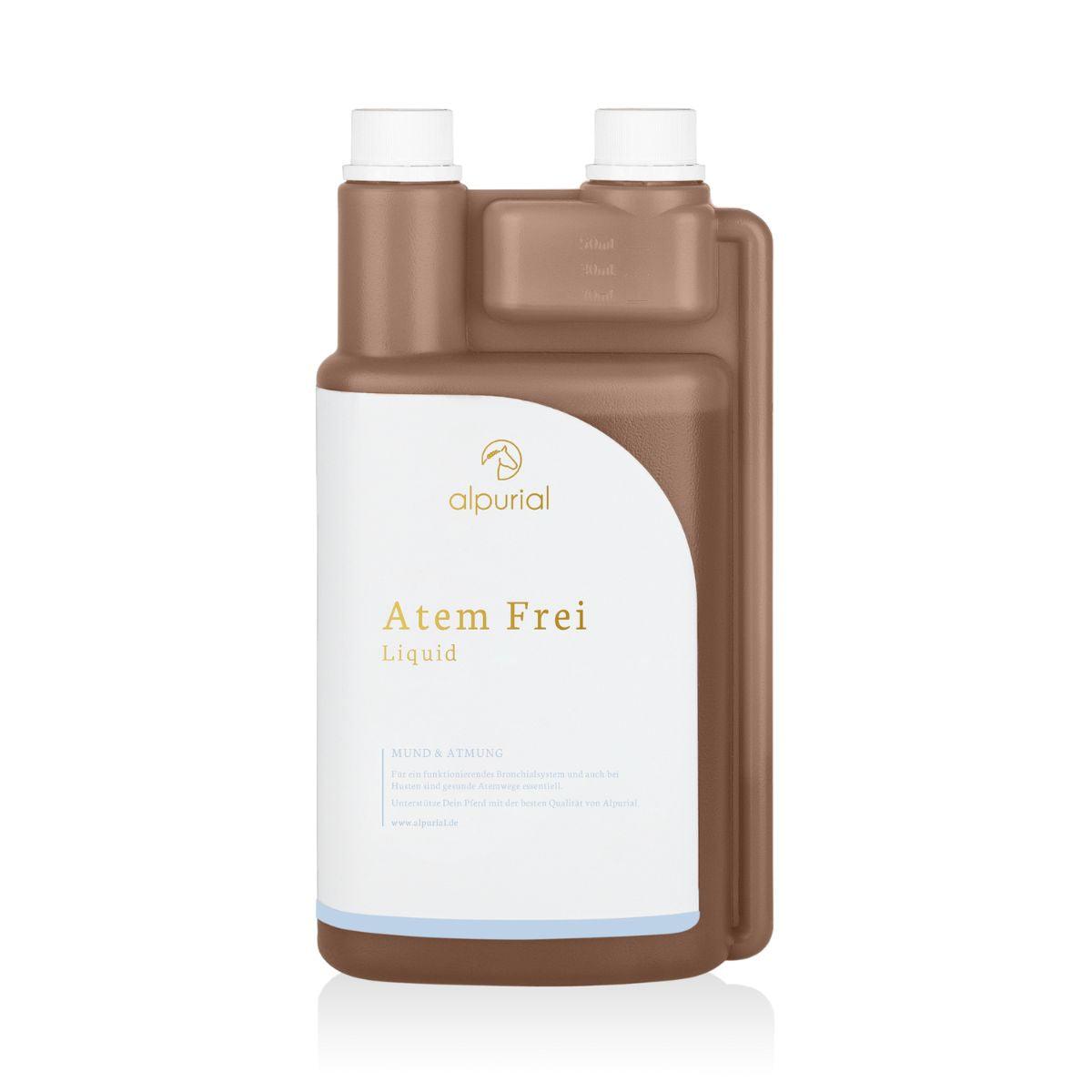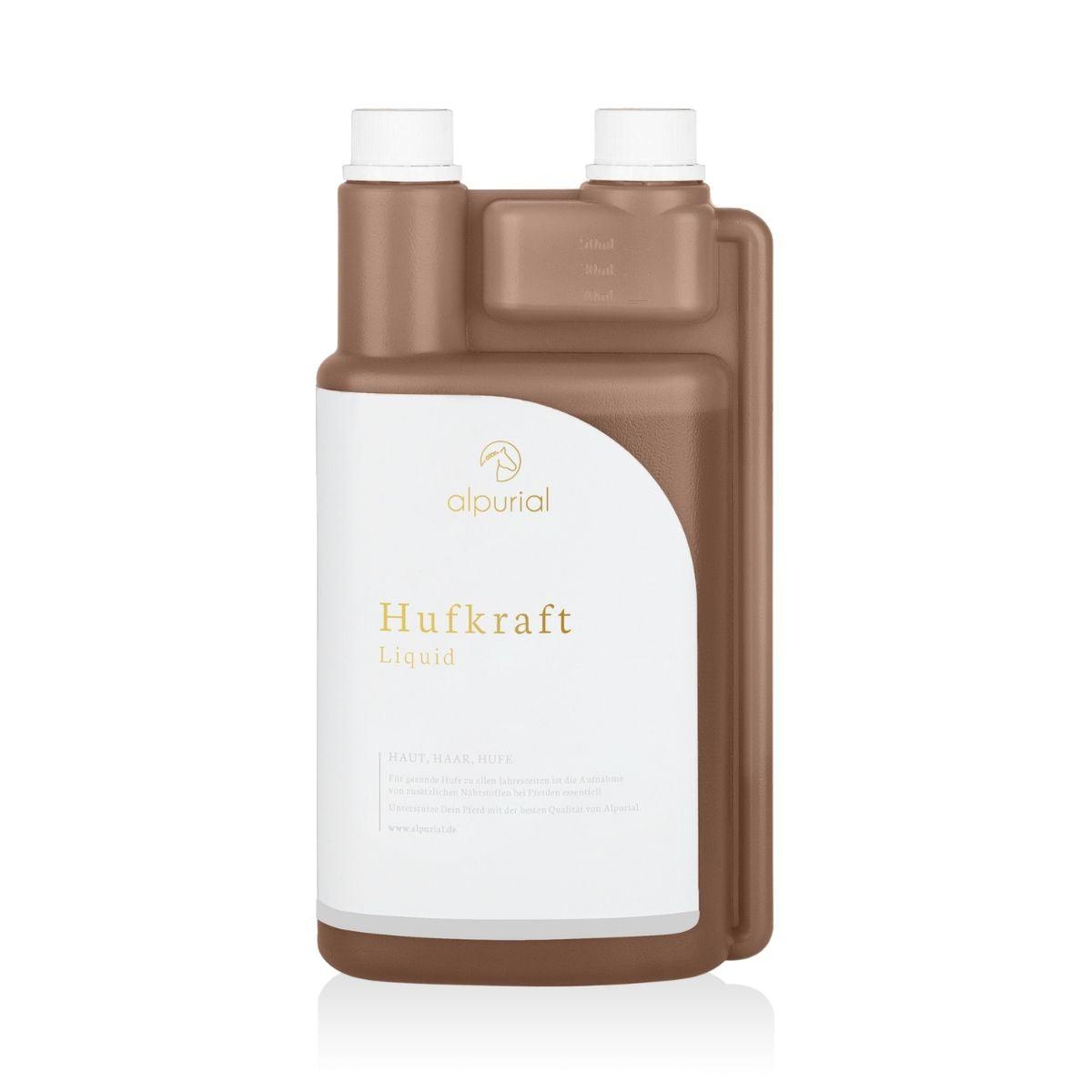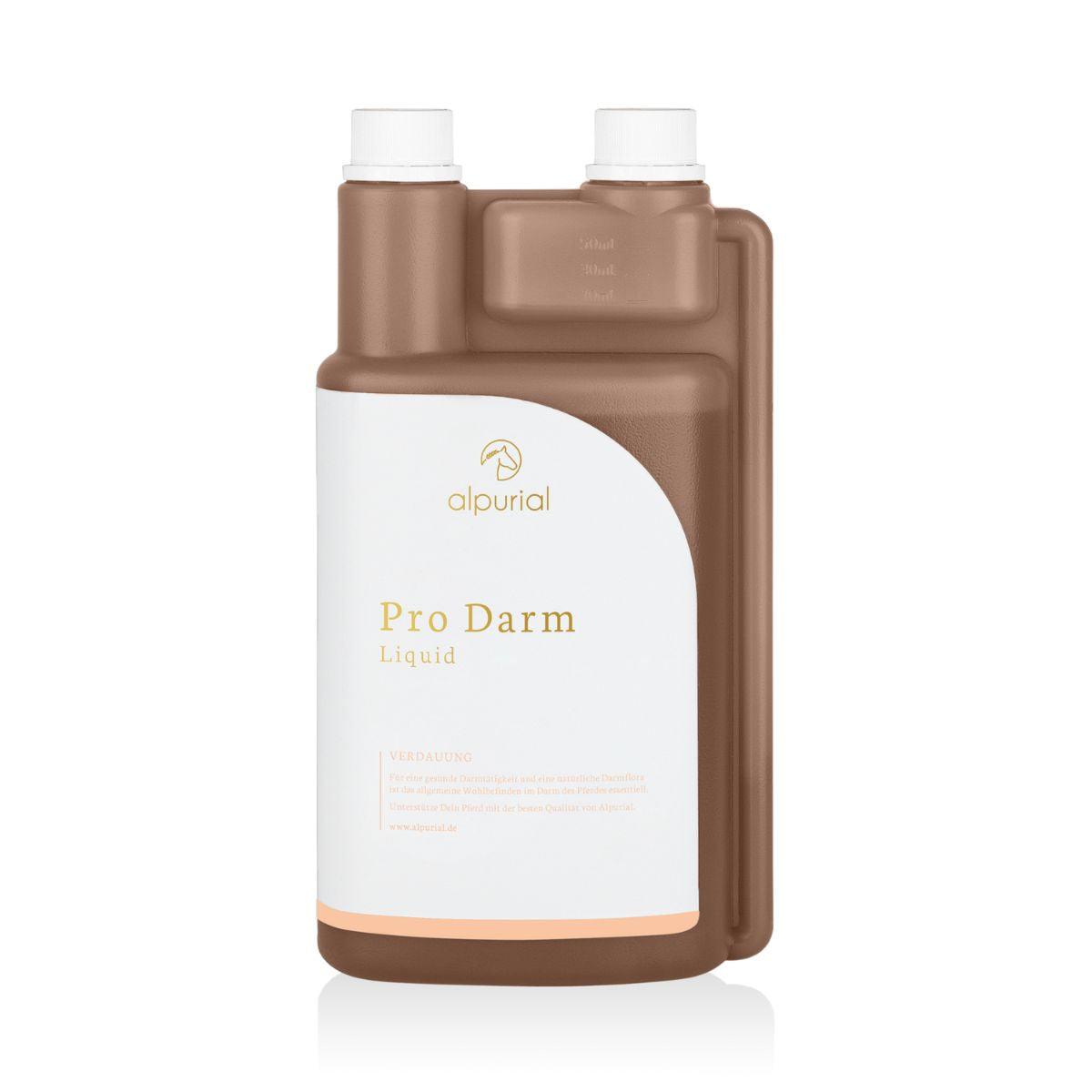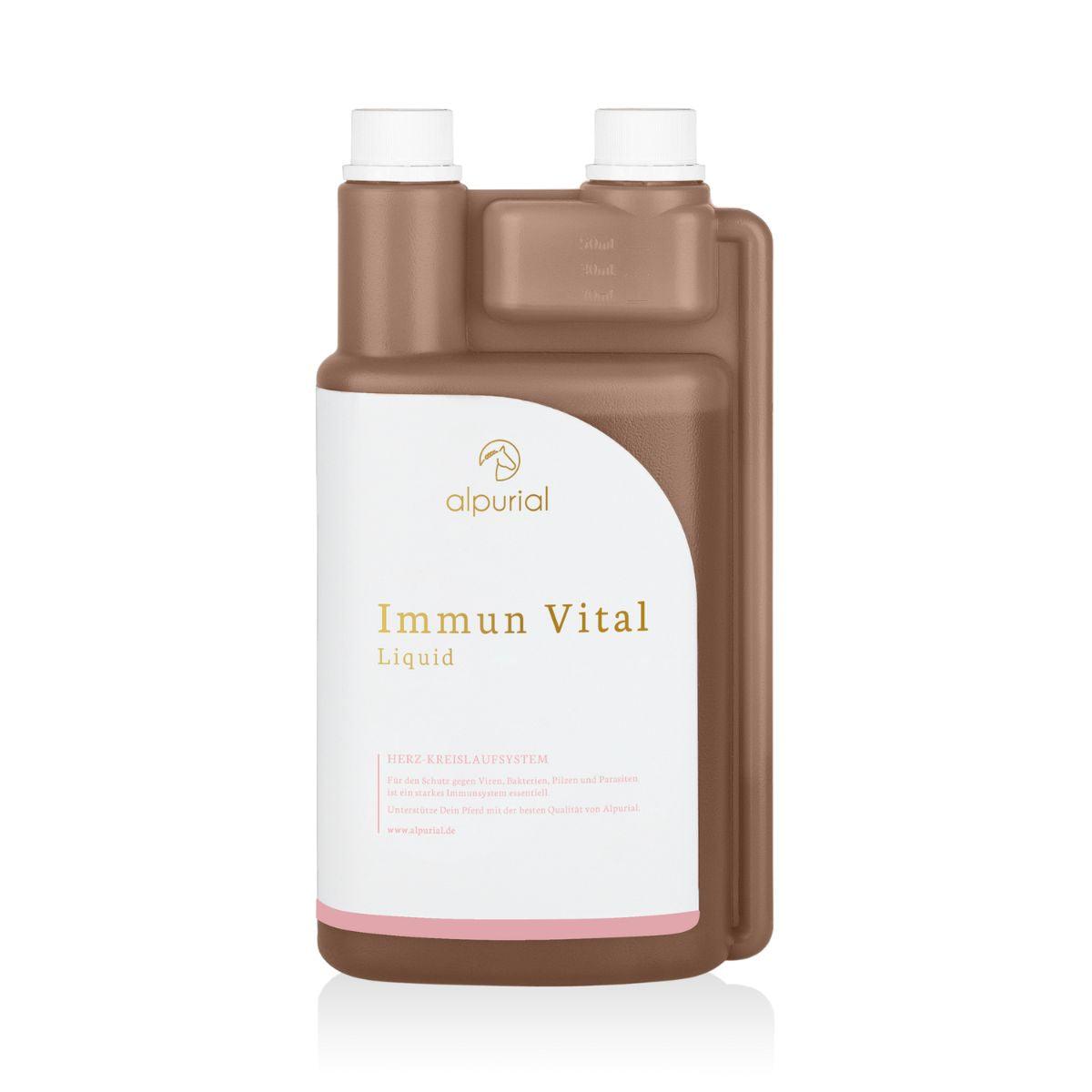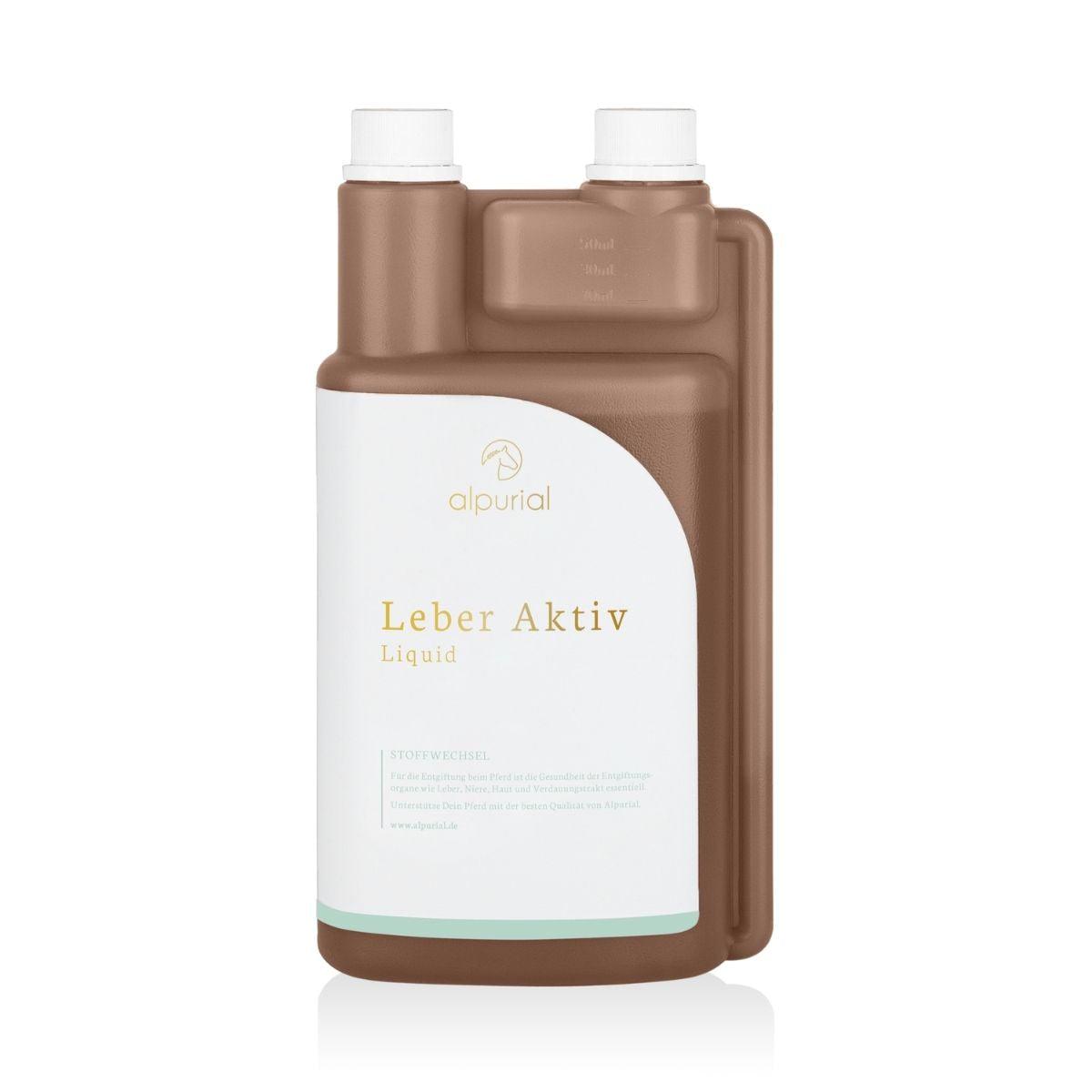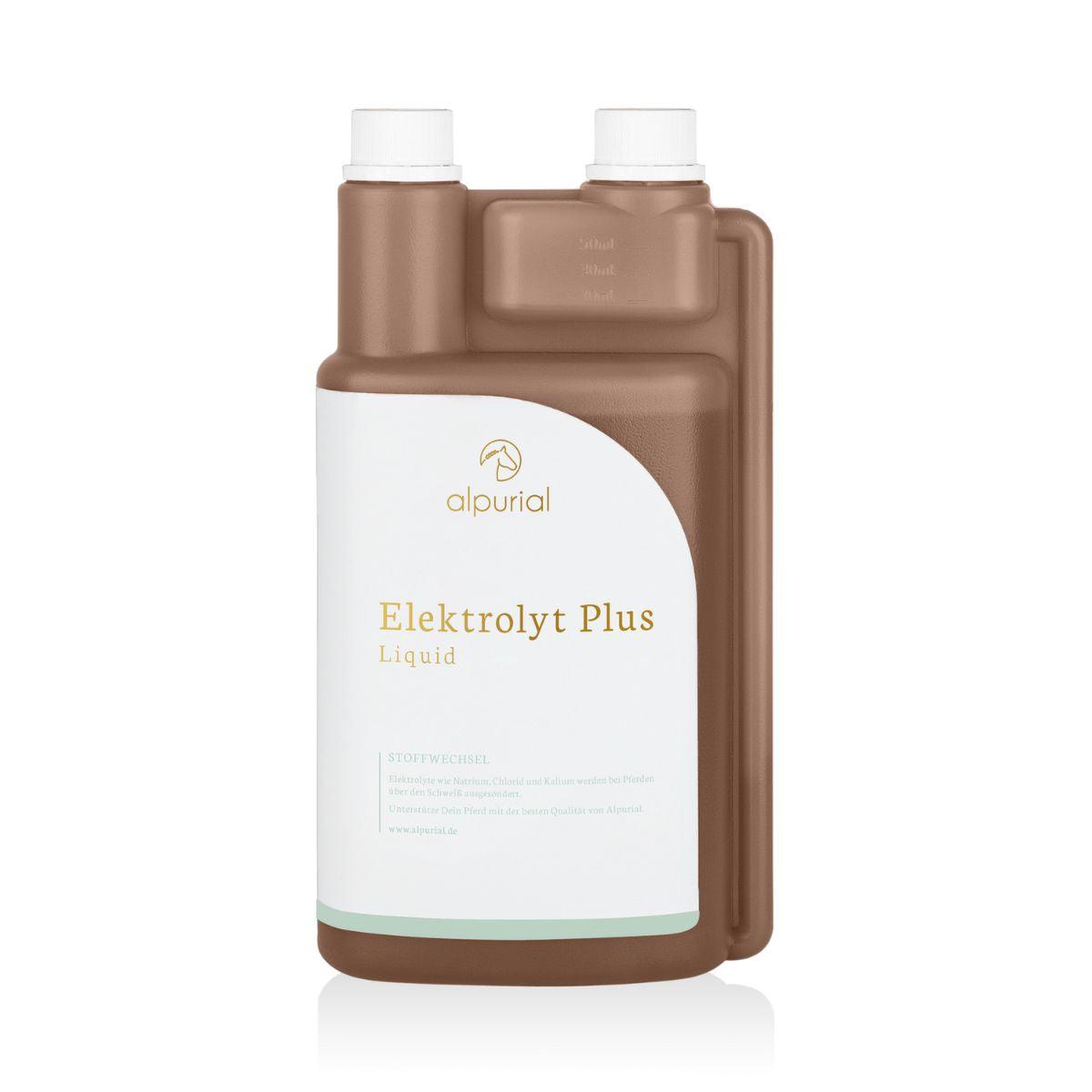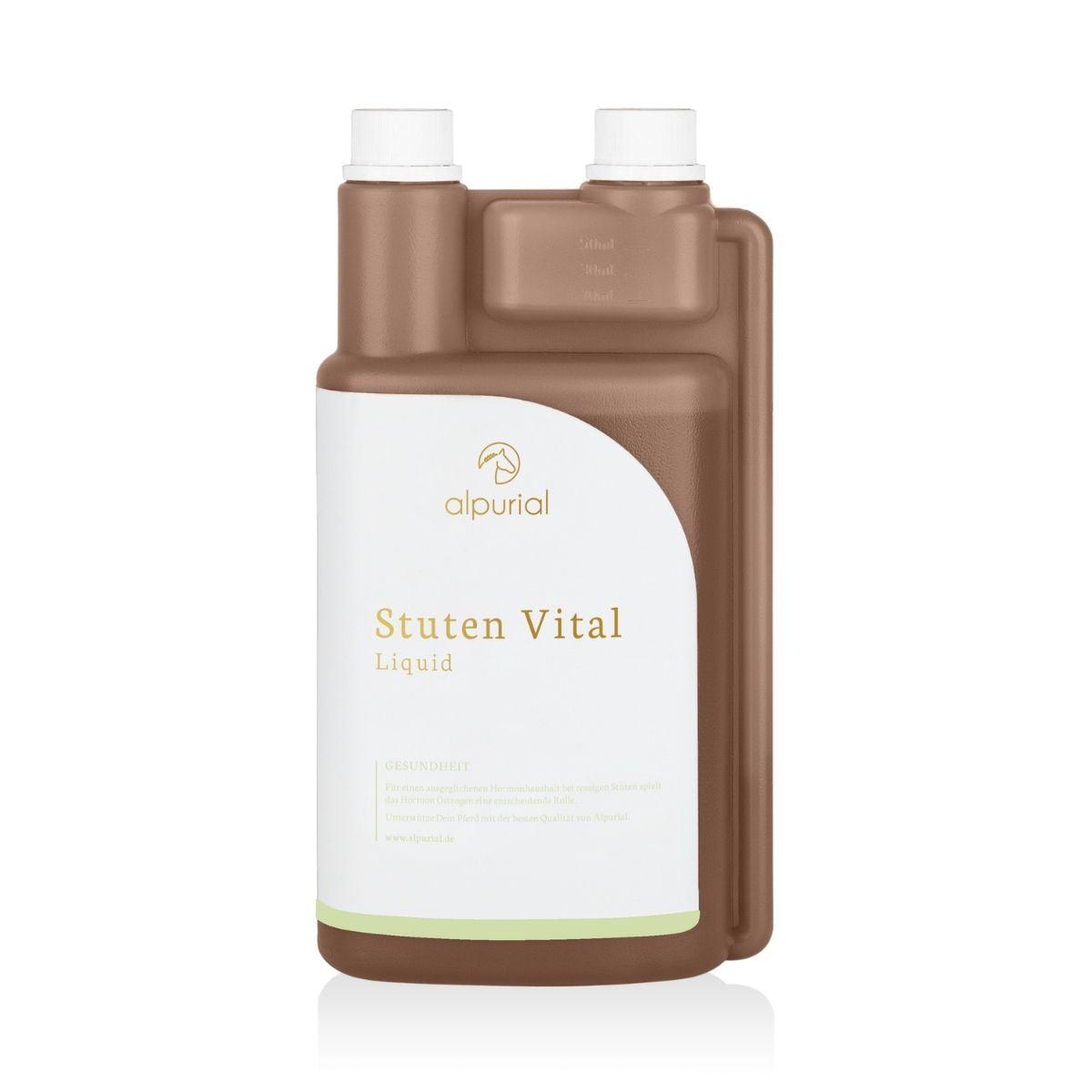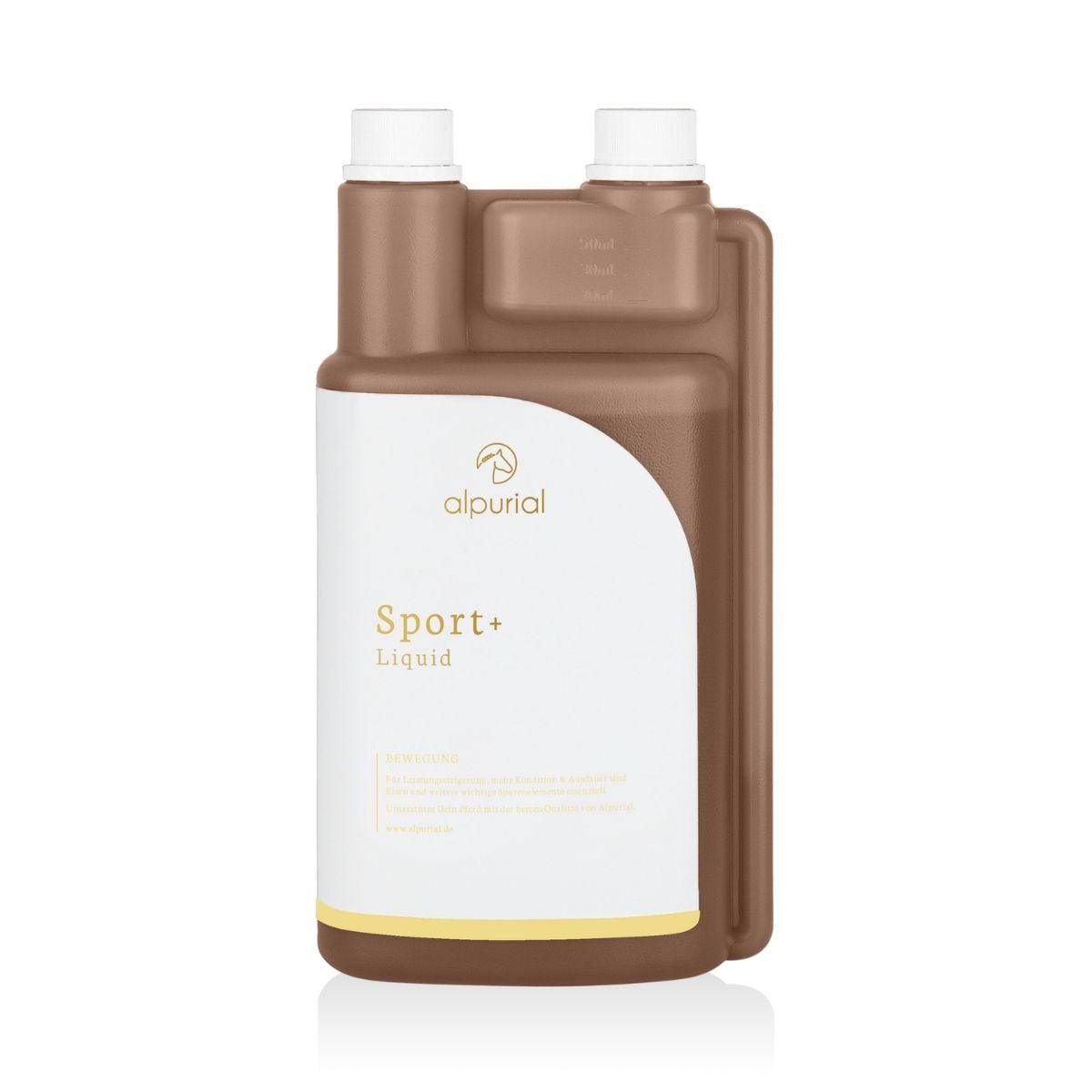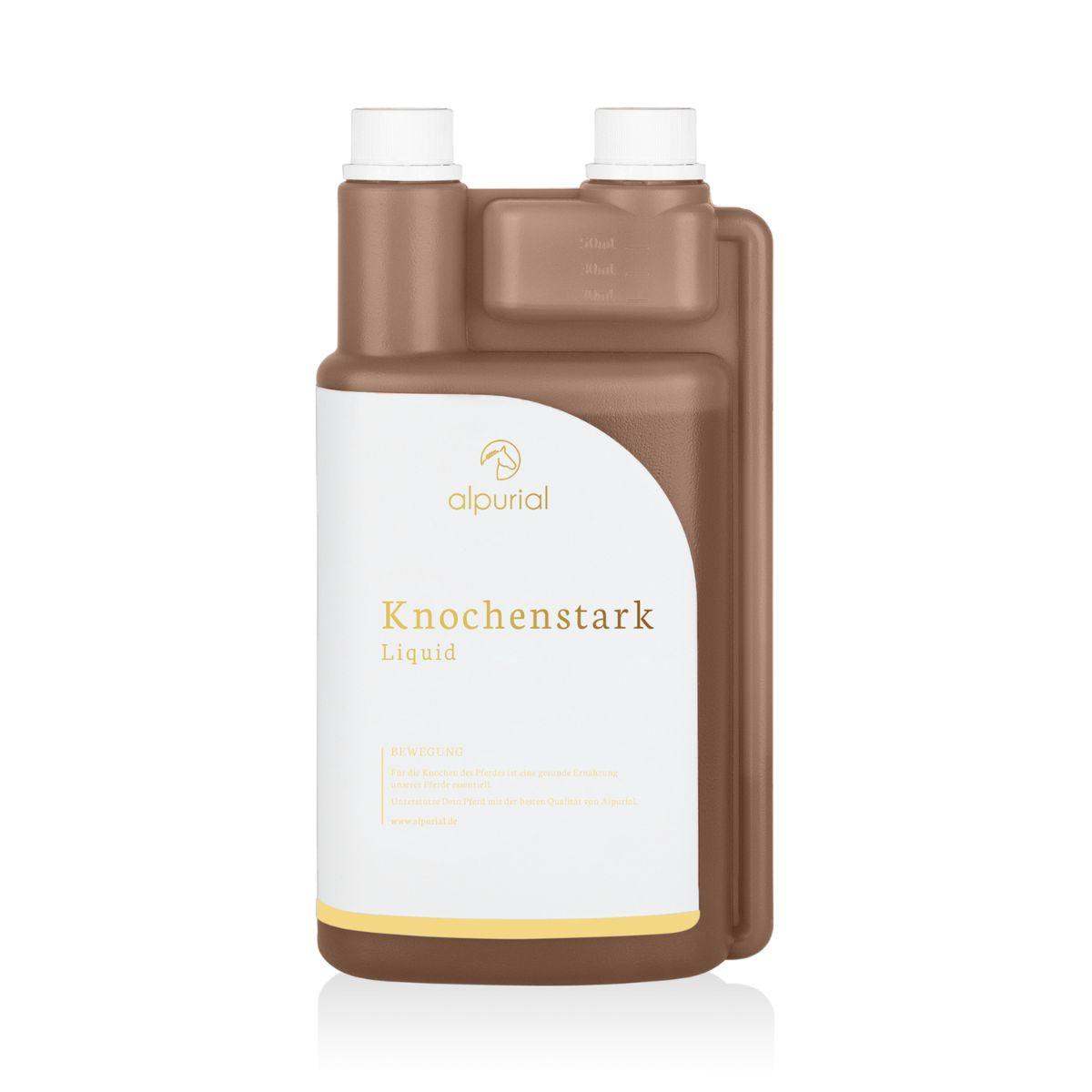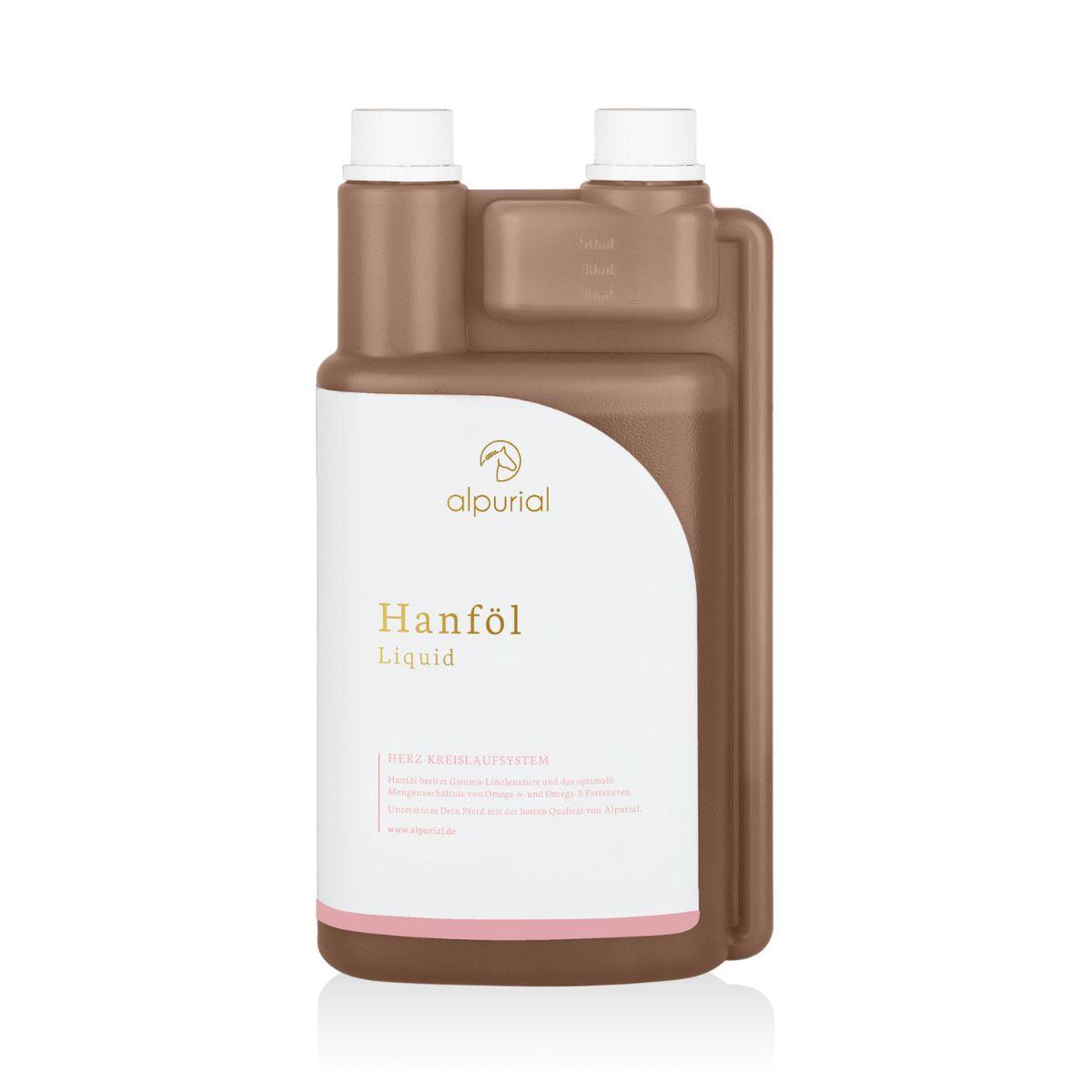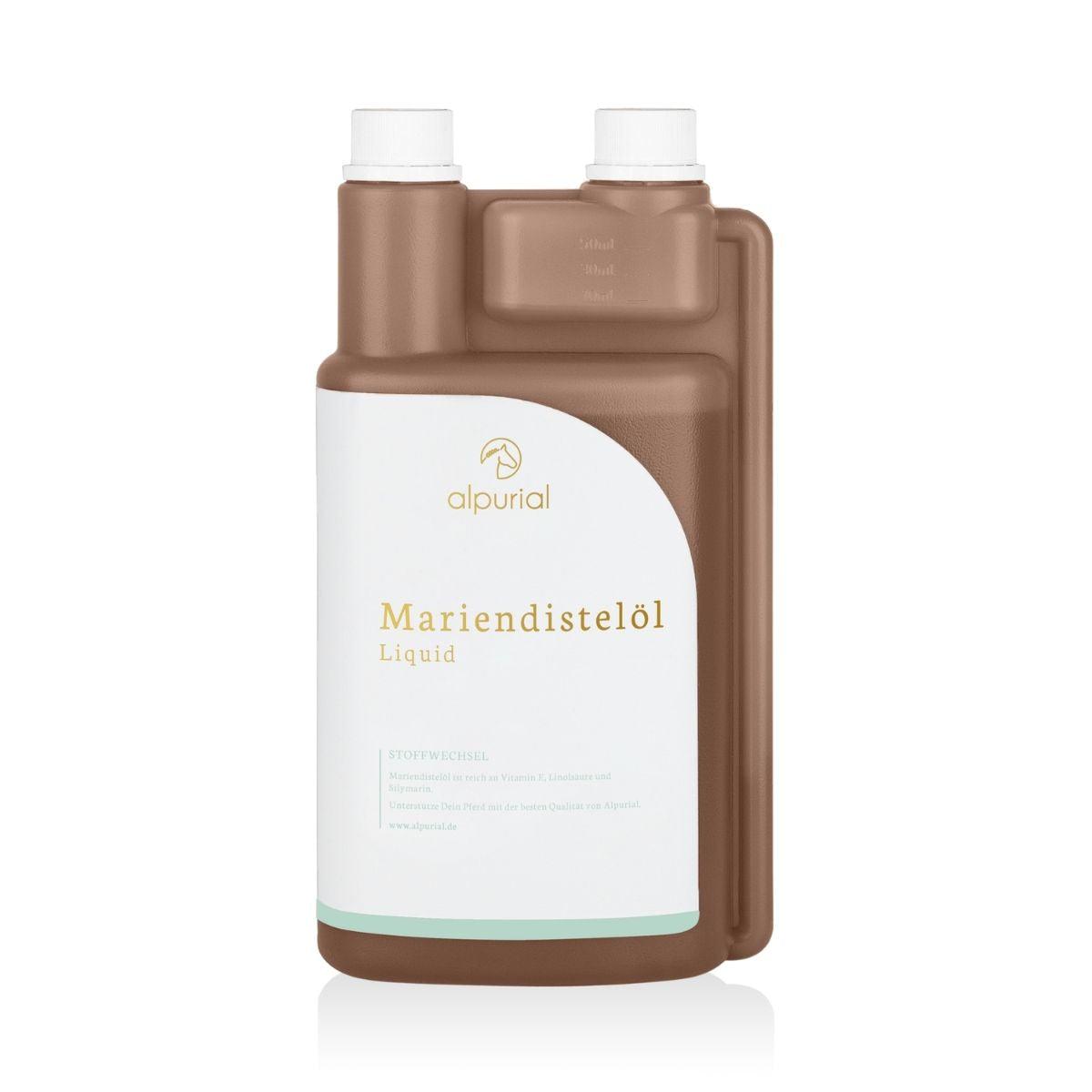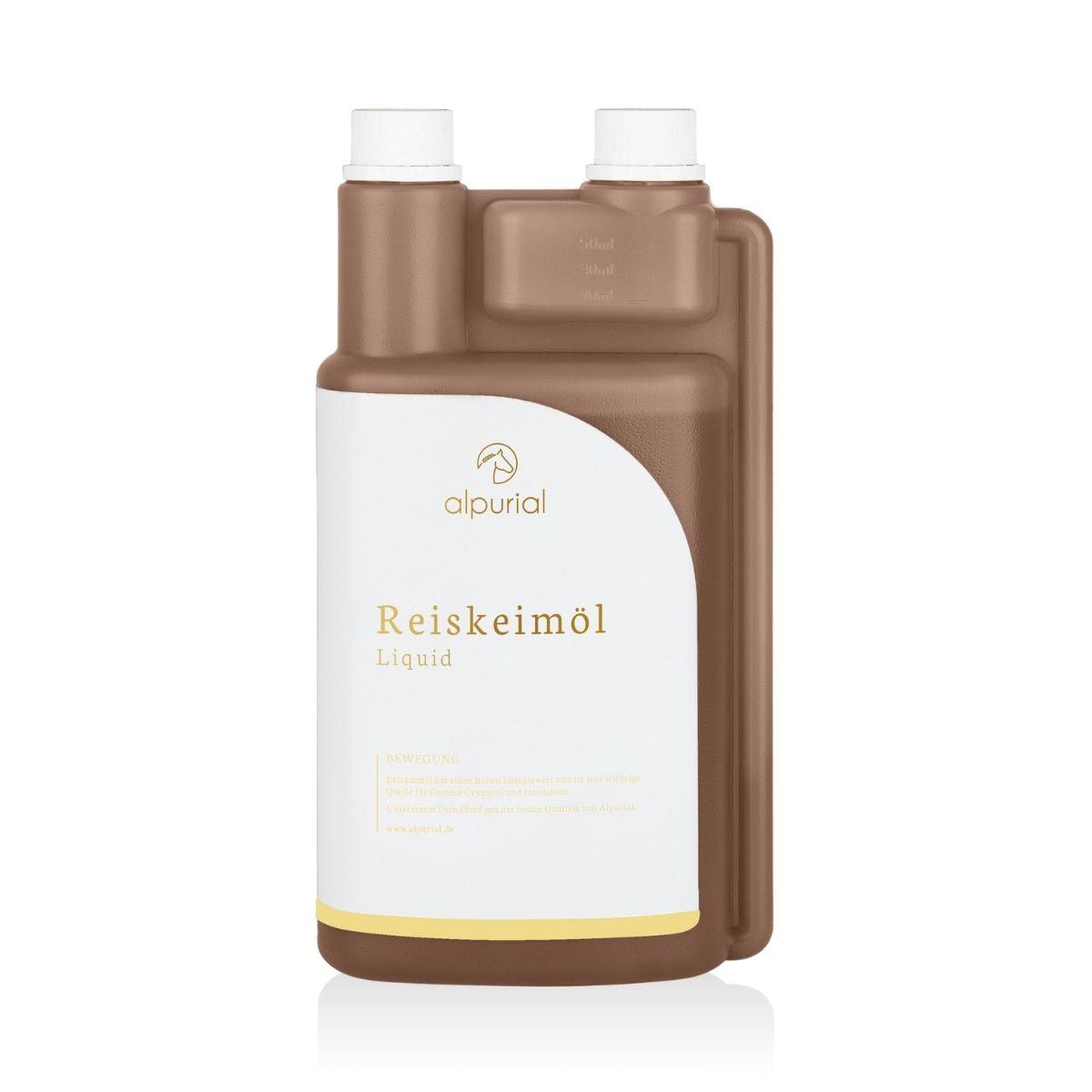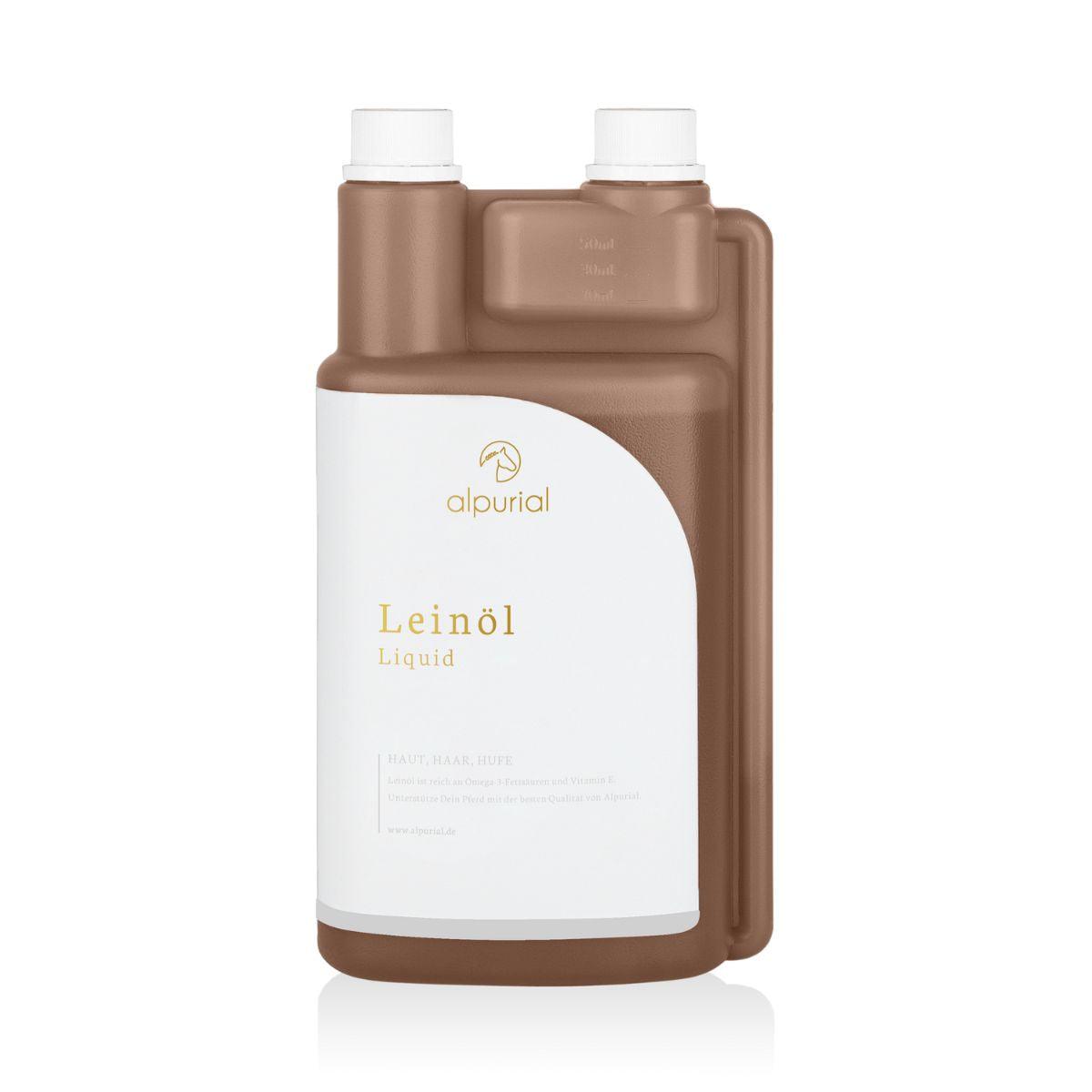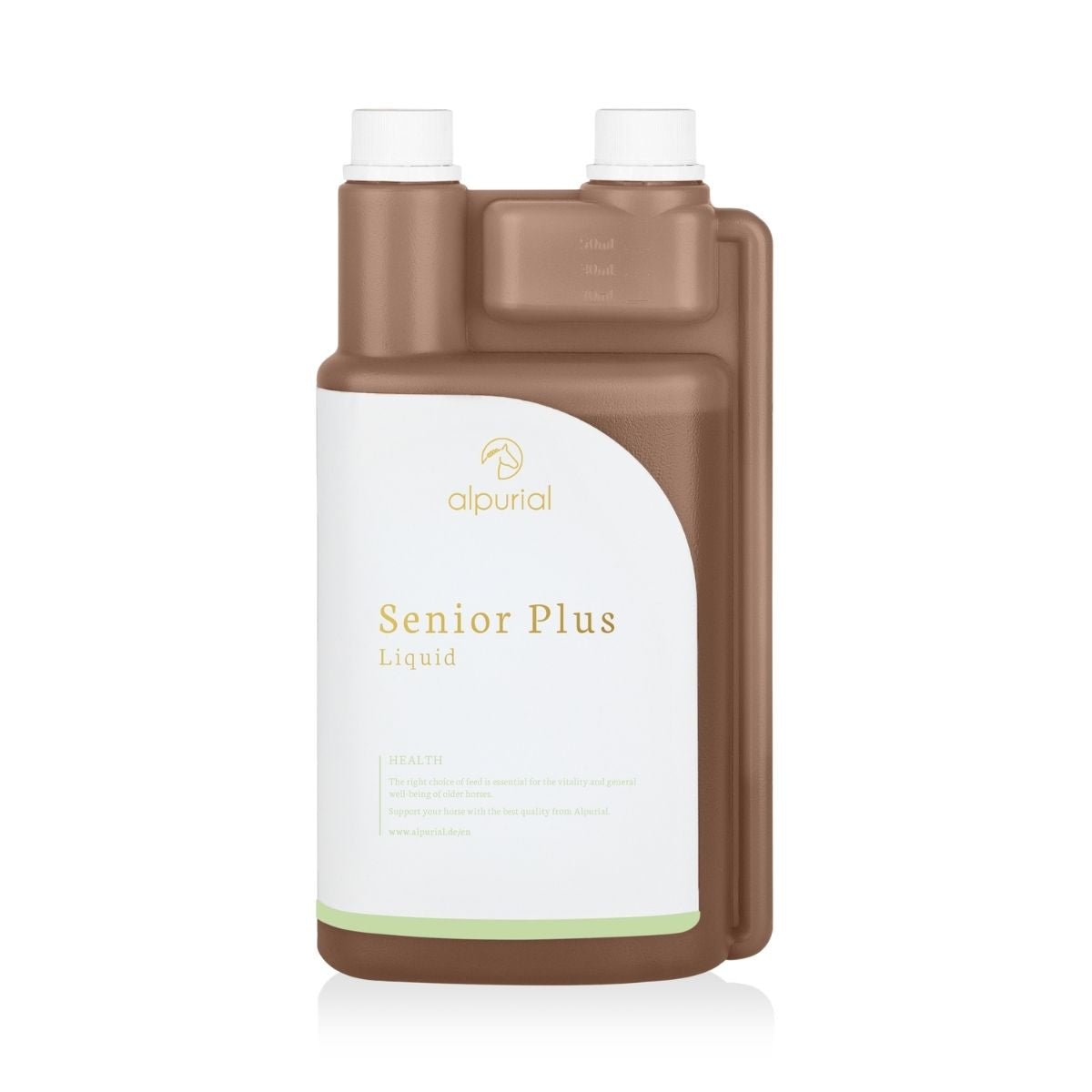
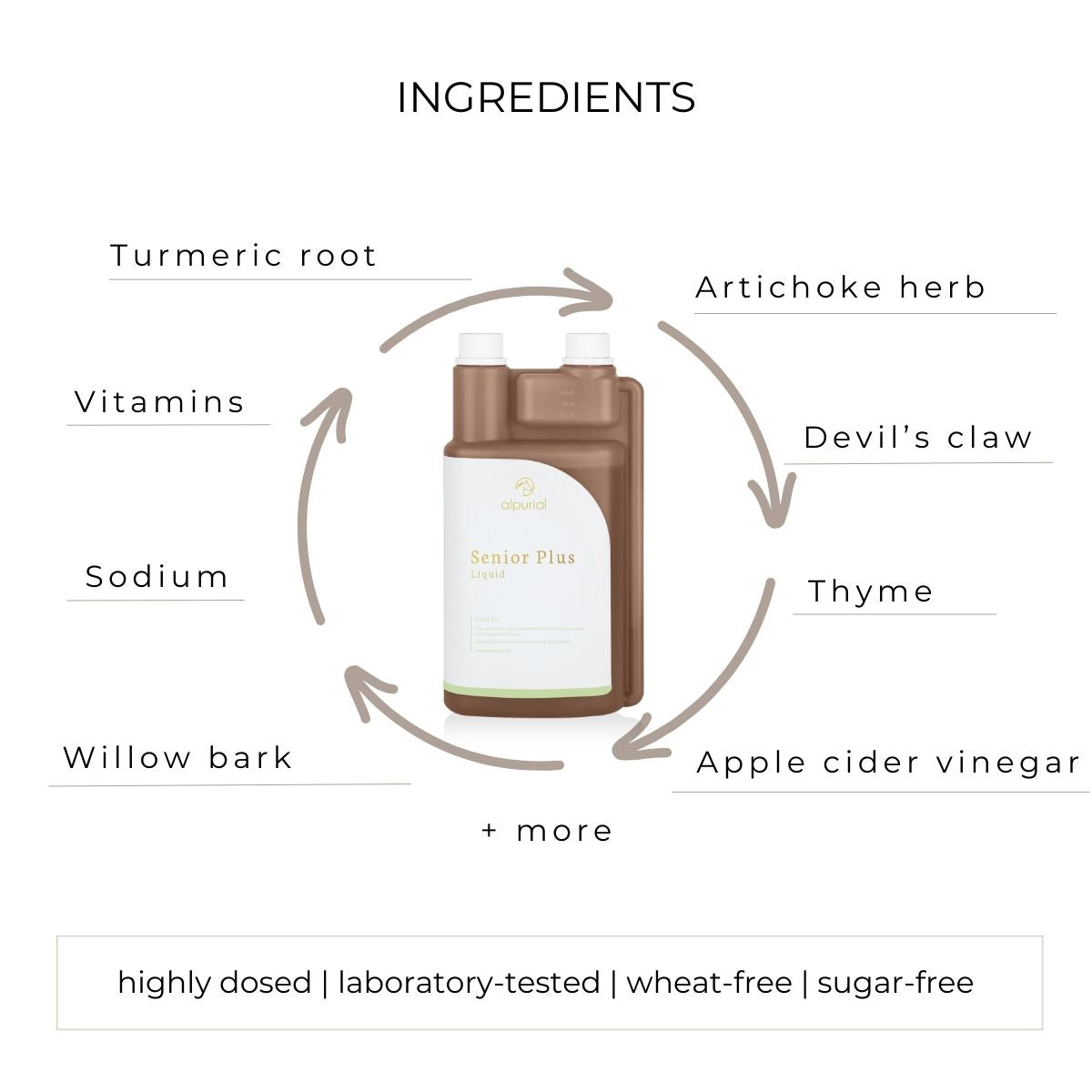
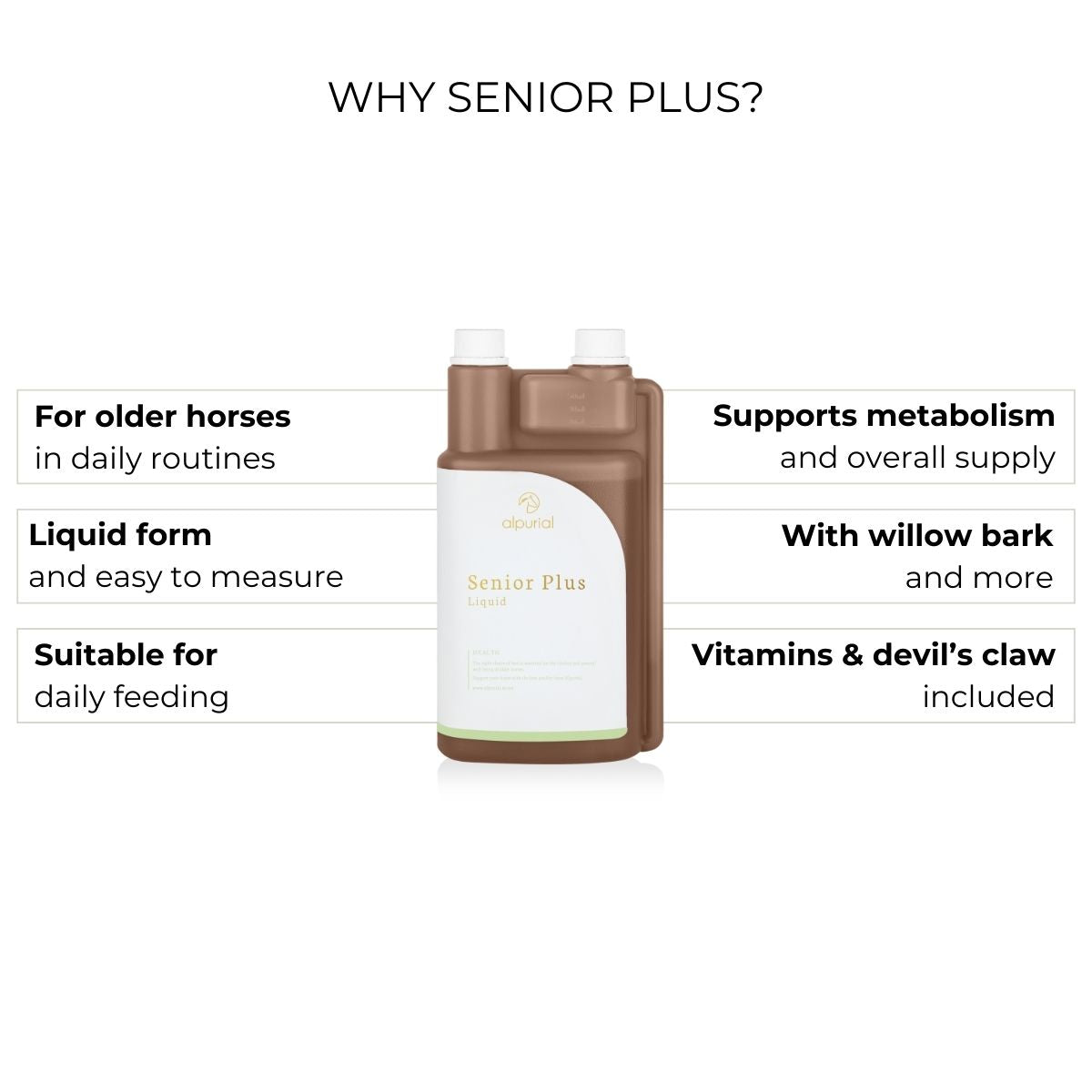
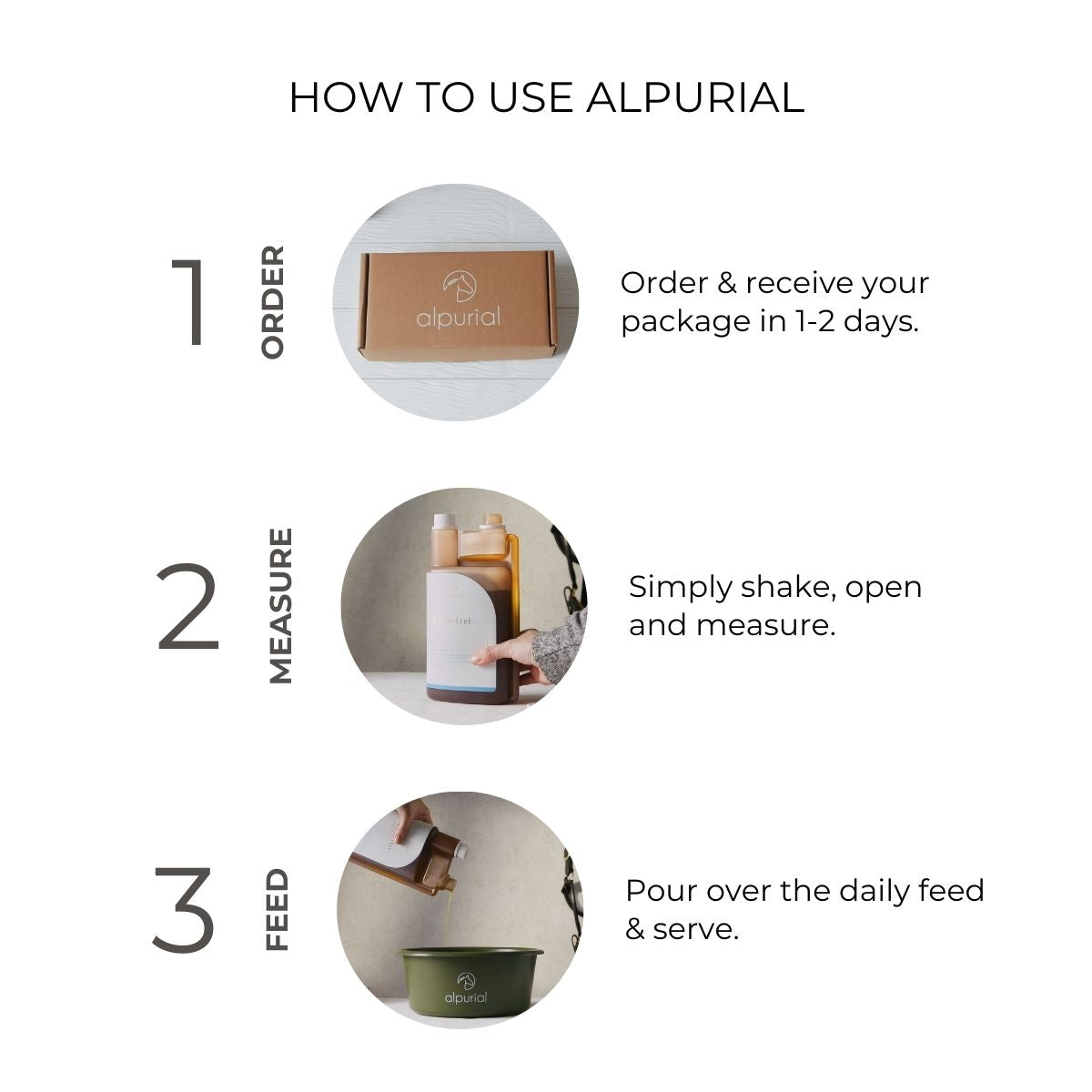
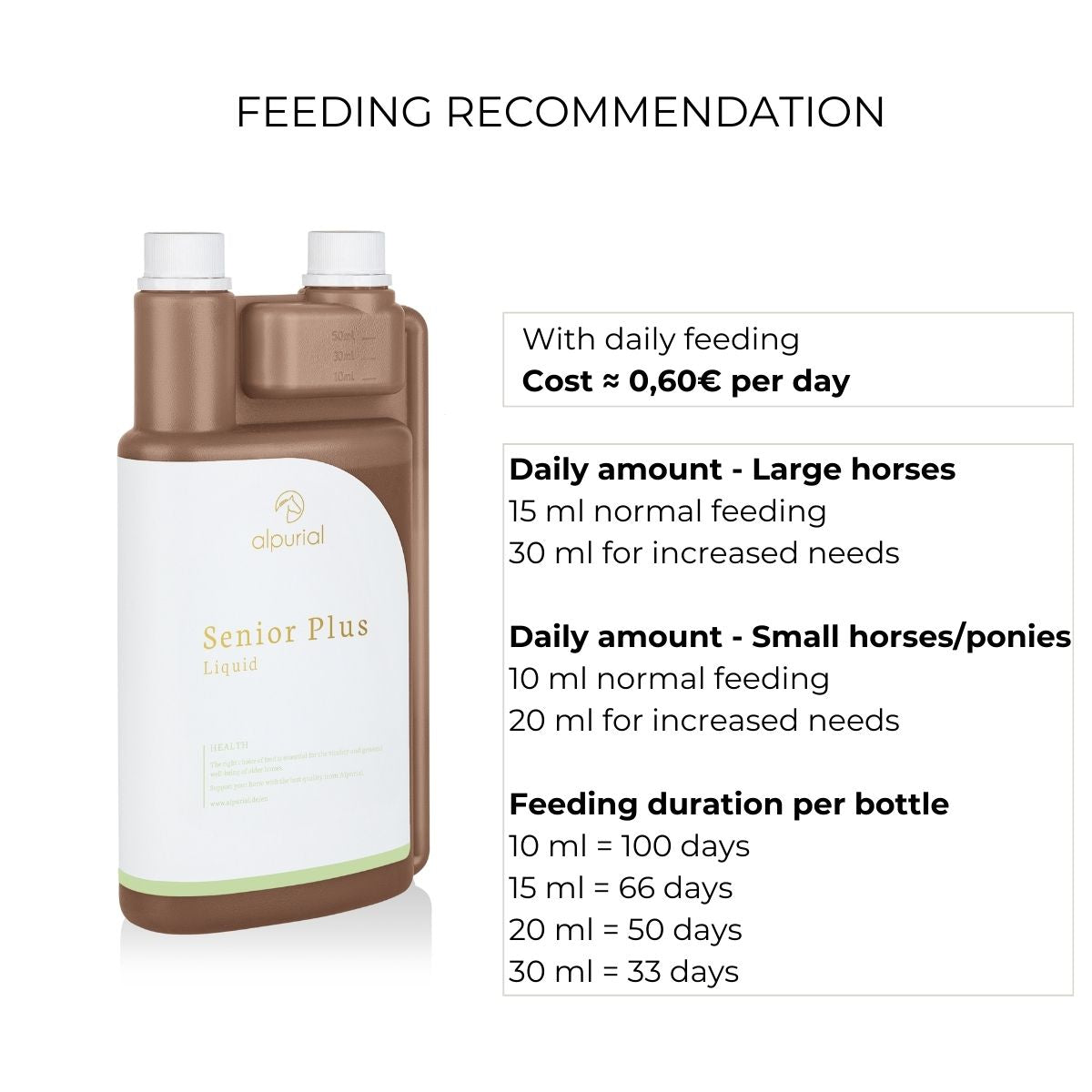
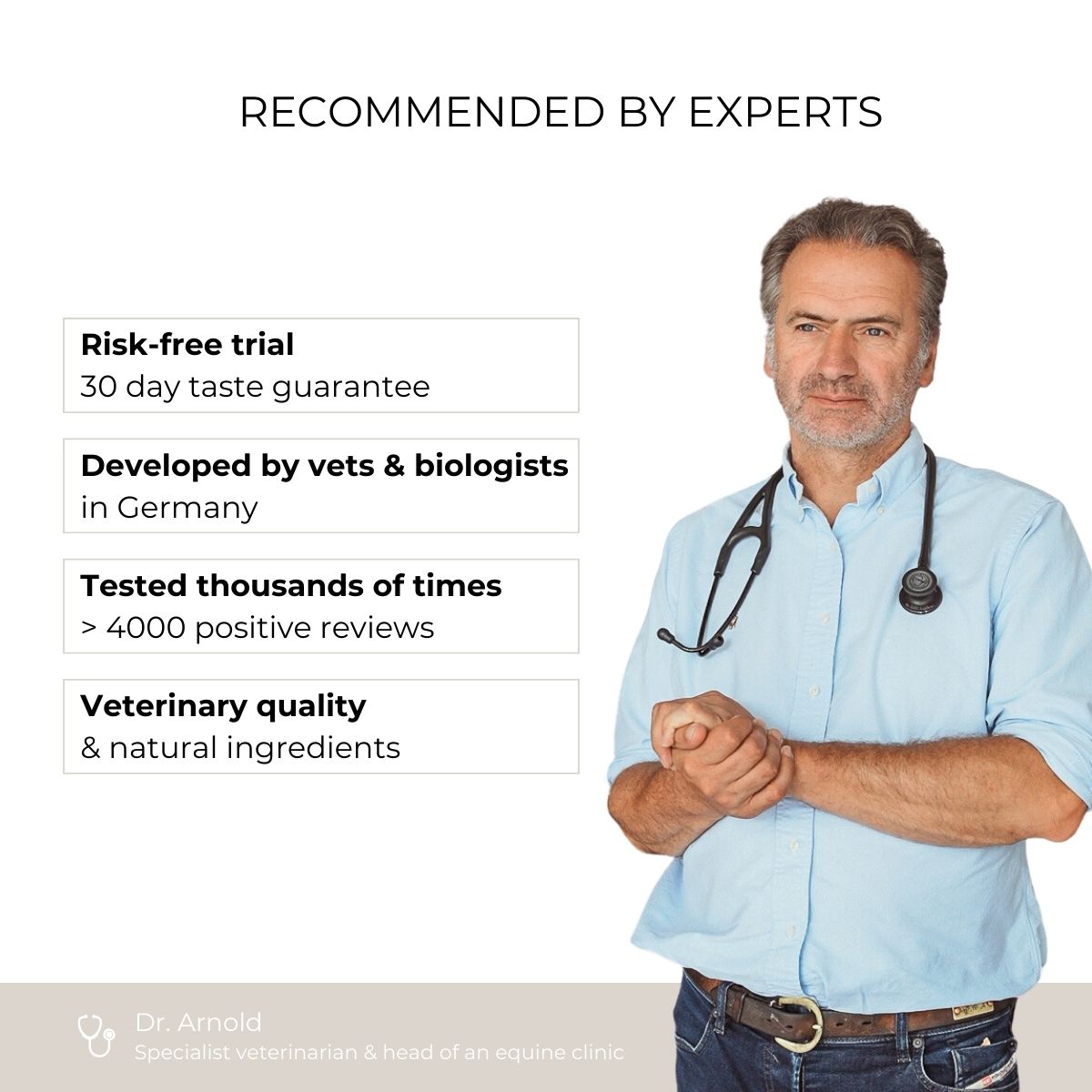
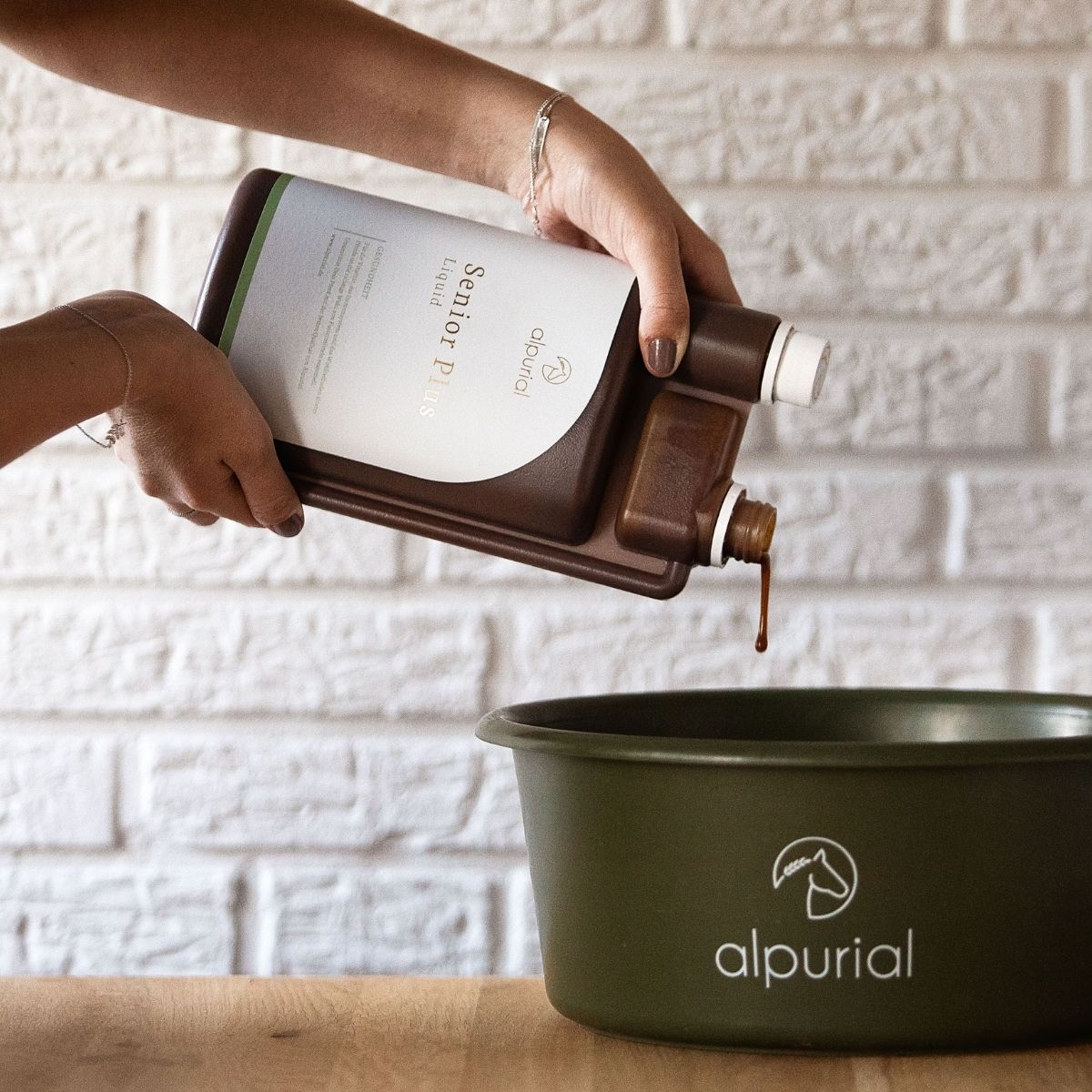
Senior Plus
Tax included.
In stock – delivered to your horse within 1–2 days.

Beatrice Mary, Anja Fee & over 40,000 customers love Alpurial products.
✓ Balanced nutrient supply for older horses – all in one product
✓ Contains vitamins, trace elements, herbs and amino acids – specially formulated for older horses
✓ For supplementary feeding during phases of age-related increased requirements
✓ Ideal for senior horses as part of a feeding concept focused on mobility, digestibility and vitality
Choose options








Senior Plus is a complementary feed for older horses, containing a carefully selected combination of vitamins, trace elements, herbs, and amino acids – tailored to meet the specific nutritional requirements of advanced age.
As horses age, changes in metabolism and feed utilization may occur. For this reason, a nutrient-rich, balanced daily ration becomes increasingly important. Senior Plus provides physiologically relevant nutrients to support daily feeding routines – particularly during phases of increased nutritional demand.
This product is suitable for older horses that benefit from a targeted supply of essential nutrients to support overall vitality, feed intake, and age-related nutritional needs.
- Content: 1 litre
- RRP: €59.90 per litre
- Withdrawal period: 96 hours
Daily amount for large horses
15 ml normal feeding
30 ml for increased needs
Daily amount for small horses/ponies
10 ml normal feeding
20 ml for increased needs
Feeding duration per bottle
10 ml = 100 days
15 ml = 66 days
20 ml = 50 days
30 ml = 33 days
Expert recommendation
Feed 1-2 bottles per year.
Also recommended for continuous feeding if necessary.
Note
Our products are generally formulated to complement each other in terms of their composition and can be combined when used according to the recommended daily amounts. Exceptions apply to the following product combinations, in which certain nutrients may have overlapping functions: Mighty Muscles & Recovery Pro, Mighty Muscles & Senior Plus, Recovery Pro & Senior Plus. If you have any questions regarding optimal feeding routines, we are happy to provide personal advice.
Liquid supplements can be added to any type of feed and are generally better accepted by most horses than powders or pellets.
Feeding is that easy:
1. Shake the bottle and measure the dose
2. Distribute evenly over the feed
3. Feed your horse and see how much they enjoy it
Supplementary feed for horses
Ingredients:
Apple cider vinegar; vegetable glycerin; 1,2-propanediol; sorbitol; ground ginger root; 1% turmeric root ground; beetroot juice; elderberry juice; sodium chloride; magnesium chloride; calcium chloride; soybean protein concentrate; Potassium chloride
Analytical constituents:
Crude protein 1.0%; crude fiber 0.0%; crude fat 0.0%; crude ash 2.2%; sodium 0.38%; moisture 85.0%
Additives per liter:
Nutritional additives: Vitamin E (3a700i) 2500 mg; Vitamin B1 (3a820) 400 mg;
Vitamin B2 (3a826i) 350 mg; Vitamin B6 (3a831) 550 mg; Vitamin B12 (3a835) 1,750 mcg; Niacinamide
(3a315) 2,550 mg; Biotin (3a880) 1,000 mcg; D-Panthenol (3a842) 450 mg; Folic acid (3a316) 100 mg;
Selenium as sodium selenite (3b801) 50 mg
Sensory additives: Milk thistle extract (80% silymarin) 8,000 mg; artichoke extract 10,000
mg; devil's claw extract 338,000 mg; nettle extract 8,000 mg; thyme extract 8,000 mg;
Willow bark extract 10,000 mg; hawthorn tincture 20,000 mg; fennel oil 1,000 mg; ginseng tincture
1,000 mg; Gingko tincture 10,000 mg; Chasteberry tincture 10,000
mg; Ashwagandha extract (Withania somnifera) 10% withanolides 10,000 mg
Technological additives: Formic acid from sodium formate (1k237i) 203.01 mg; Propyl gallate (E
310) 80 mg
Even better in a bundle
📦 Free & fast shipping from 39€
🐴 Horse doesn't like it? Money-back guarantee!
🤝 Fair prices guaranteed.
Veterinarian recommendation

Ingredients
Know what's inside: We use highly concentrated ingredients to minimize the daily feeding amount. This makes your product last longer.
Devil’s Claw is a traditional feed plant known for its natural bitter substances. It may contribute to the nutritional support of joints and mobility – especially in older horses or those exposed to high physical strain.
Willow Bark contains natural secondary plant compounds such as salicylates. In equine nutrition, it is traditionally used to support the metabolism and overall well-being – particularly in older or heavily worked horses.
Turmeric Root is rich in natural secondary plant compounds with antioxidant properties. Especially in senior horses, it may help support the immune system and joint function through nutritional means. Supplementing the diet with turmeric root can help protect cell function against oxidative stress and support the body during age-related physical demands.
Artichoke herb contains natural bitter substances and secondary plant compounds such as cynarin. In equine nutrition, it is traditionally used to support liver and digestive metabolism through nutritional means – especially during feed-related strain or phases of increased metabolic activity.
Nettle herb contains secondary plant compounds, vitamins and minerals. In equine nutrition, it is traditionally used to support metabolism and fluid balance – especially during times of increased physical demand or seasonal coat change.
Fennel contains essential oils such as anethole and has a long tradition of use in horse feeding. It may contribute to the nutritional support of the gastrointestinal tract and respiratory system – particularly during feeding-related or environmental stress.
Ginger root contains natural pungent compounds such as gingerols and is traditionally used in equine nutrition.
Hawthorn contains natural plant compounds such as flavonoids and has a long tradition of use in equine feeding. It may contribute to the nutritional support of the cardiovascular system and general well-being – especially in senior horses.
Thyme contains essential oils such as thymol and is traditionally used in horse feeding. It may help support the respiratory and digestive systems through nutritional means – particularly in situations of feed-related or environmental stress.
Apple cider vinegar contains natural acids and secondary plant compounds that are traditionally used in equine nutrition to support digestive metabolism and overall well-being. Supplementing the diet can be particularly useful during periods of external or feeding-related stress.
Sodium chloride provides the electrolytes sodium and chloride, which are involved in maintaining fluid balance and osmotic equilibrium in the body. Especially in senior horses, targeted electrolyte supplementation can be useful – particularly in cases of limited fluid intake, heavy sweating or reduced feed intake. A balanced supply contributes to the nutritional support of metabolism and overall vitality.
Magnesium chloride provides magnesium in a highly bioavailable form and is one of the key electrolytes in equine nutrition. Magnesium is involved in various physiological processes – including the function of nerves, muscles and energy metabolism. Especially in older horses, appropriate magnesium intake may support metabolic function and overall resilience through nutritional means.
Calcium chloride is a bioavailable source of calcium. Calcium is a macromineral that plays a role in cell membrane function as well as physiological processes in nerves and muscles. It also serves as a structural component of the skeleton and may contribute to a balanced calcium supply – particularly in young horses or during periods of high physical demand.
Potassium chloride is a source of potassium and part of the electrolyte supply. In equine nutrition, it can contribute to the nutritional support of fluid balance – especially during periods of heavy sweating or increased physical exertion.
Vitamin E is a fat-soluble vitamin with antioxidant properties. It helps protect cells from oxidative stress and is involved in various physiological processes related to muscle metabolism. Especially during physical exertion, an appropriate supply of vitamin E may support muscle function and overall performance through nutritional means.
Vitamin B1 (thiamine) is a water-soluble B vitamin naturally found in grains, yeasts and herbs. It supports normal energy metabolism and is involved in physiological functions of the nervous system and muscles. An adapted supply may be particularly useful during times of increased physical demand.
Vitamin B2 (riboflavin) is a water-soluble B vitamin naturally present in yeast, cereals and green plants. It supports normal energy metabolism and is involved in physiological processes related to skin, cells and hoof metabolism. In equine nutrition, vitamin B2 is traditionally used to help ensure sufficient micronutrient supply – especially during periods of higher metabolic demand or in cases of limited liver function.
Vitamin B6 (pyridoxine) is a water-soluble B vitamin naturally found in yeast, cereals and plant-based feed materials. It is involved in the normal metabolism of amino acids and fatty acids and contributes to the physiological function of the skin and liver.
Vitamin B12 (cobalamin) is an essential B vitamin primarily found in fermented feed materials such as yeast. It is involved in various physiological processes in the body – including energy metabolism, cell function and the functioning of the nervous system. In senior horses, age-related changes in the digestive system may reduce the body’s own ability to absorb vitamin B12. Targeted supplementation can help support the nutritional basis for vitality and metabolic function.
Niacinamide (vitamin B3) is an essential B vitamin naturally present in yeast, cereals and plant-based components. It is involved in normal energy metabolism and contributes to the physiological function of the skin, muscles, digestion and nervous system.
Biotin plays an important role in the normal metabolism of skin, coat and hooves. It is involved in the formation of keratin – a natural structural protein found in skin, hair and horn.
Selenium is an essential trace element involved in various metabolic processes in the body. It contributes to the protection of cells from oxidative stress and supports normal muscle function. Especially during periods of high physical exertion – such as training – an appropriate selenium supply may be beneficial from a nutritional standpoint.
Beetroot juice contains natural plant compounds such as betaine, as well as important minerals and trace elements. In equine nutrition, it can support metabolic function through nutritional means – particularly during intense physical effort or seasonal coat change. Skin, connective tissue and vitality can also benefit from a balanced micronutrient supply.
Elderberries contain natural vitamins A and C as well as plant-based pigments. They may support the immune system, skin metabolism and overall well-being – especially during seasonal coat change or in damp and cold weather conditions.
Soybean protein provides high-quality plant-based protein and contains natural fat components. It may support protein metabolism as well as skin and coat condition – especially in horses with increased nutritional requirements.
Milk thistle extract contains natural bitter substances and the secondary plant compound silymarin. In equine nutrition, it is traditionally used to support liver metabolism through nutritional means – particularly during feed-related challenges or periods of increased physical demand.
Chaste tree (Vitex agnus-castus) is a traditional feed plant containing secondary plant compounds. In equine feeding, it is used as a complementary ingredient – especially for older horses or mares during hormonally sensitive phases – to support general well-being and metabolic balance.
Ashwagandha (Withania somnifera) is a traditionally used plant extract with a natural content of secondary plant compounds. In equine nutrition, ashwagandha is used as a complementary ingredient to support the nervous system and general well-being through nutritional means – particularly in older, sensitive or hormonally challenged horses. An adapted feeding strategy may help promote inner balance during periods of increased stress or transition.
Ginseng contains natural ginsenosides – secondary plant compounds traditionally used during phases of physical and mental strain. In equine feeding, ginseng may contribute to the nutritional support of metabolism, vitality and inner balance – especially in older or stressed horses.
Ginkgo contains natural plant compounds such as flavonoids. In equine nutrition, it may support cell protection, metabolic function and overall well-being – particularly in senior horses.










Frequently Asked Questions
about Senior Plus
Under normal feeding conditions, one bottle lasts approximately 2 months. In times of increased need, one bottle will last about 1 month.
The feeding duration should be considered individually. Senior Plus from Alpurial can be fed continuously to provide optimal support for your senior horse. In cases of age-related limitations, phased feeding may also be useful — especially during challenging periods or flare-ups.
Yes, absolutely! You can safely feed Senior Plus to your older horse if it suffers from arthritis or digestive issues.
All our products can be prepared in advance for feeding. We recommend a maximum preparation time of 24 hours.
Supplementary feed for horses
15 ml per animal per day
30 ml per animal per day in case of increased need
No worries – 98% of horses eat Senior Plus without any problems when mixed with concentrate feed. You can also prepare it in mash. And if your horse doesn’t like it, our 30-day Taste Guarantee ensures you’ll get your money back.
A change usually appears after about 10 days.
There are no restrictions on Senior Plus. It can be used for all horses of all ages. Senior Plus is ideal for older horses.
It can be used in both cases.
Senior Plus should not be fed to pregnant mares.
Senior Plus has a withdrawal period of 96 hours.
Shelf life
The ordered products have a minimum shelf life of 6-12 months.
QUICK & EASY FEEDING
COMPATIBLE WITH
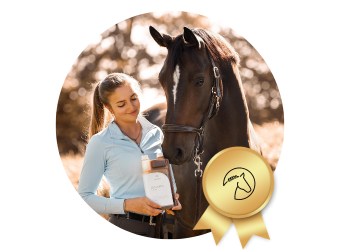
Taste guarantee
30-day money-back guarantee! All information about the guarantee can be found in the terms and conditions.

